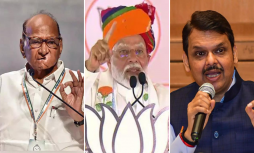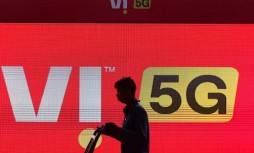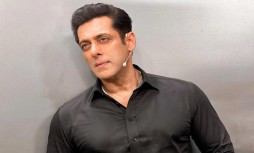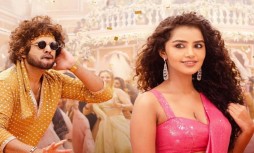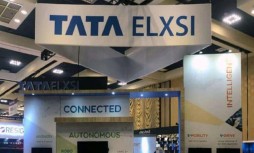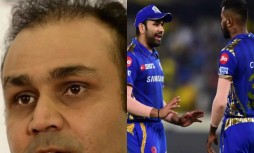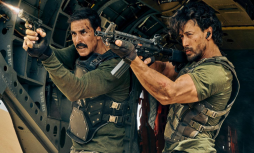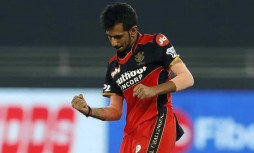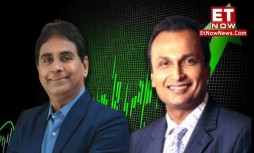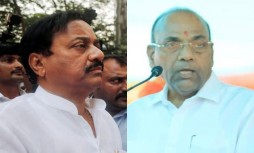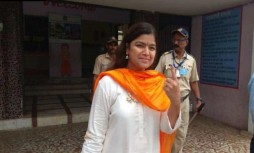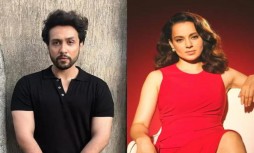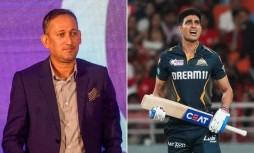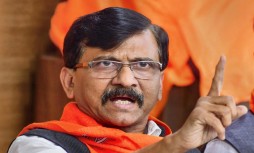Uddhav Thackeray's mega minority support in Maharashtra
March 18,2023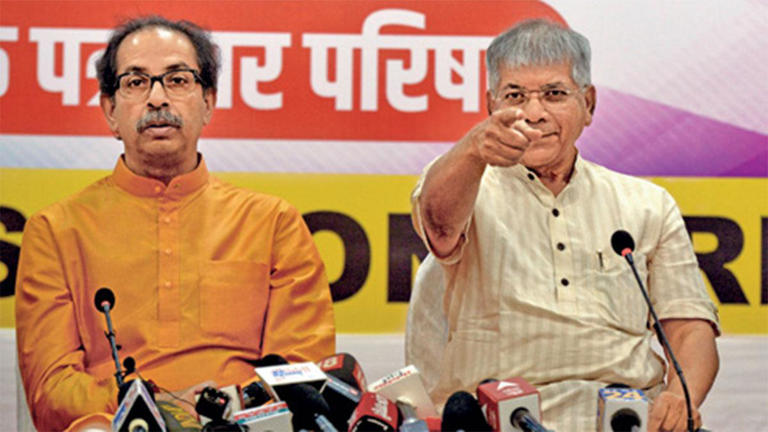
Desperate times call for desperate measures. Around two decades after he first launched a short-lived project to expand the Shiv Sena's base, Uddhav Thackeray has revived his attempts to forge a wider rainbow coalition and take his faction of the party—the Shiv Sena (Uddhav Balasaheb Thackeray)—beyond its core Maharashtrian support base.
The party hopes that this effort, which has seen the Sena revive its outreach to Buddhist Dalits, Muslims and Hindi speakers in Mumbai, will help them gain incremental votes from the "majority of the minority," as it fights to retain control over the Brihanmumbai Municipal Corporation (BMC)—India's richest civic body—which is vital to stay relevant after the debilitating split in the party. The BJP and Chief Minister Eknath Shinde, who induced a vertical split in the party's legislative and parliamentary wings, are girding their loins to wrest the BMC from the Sena. The Election Commission has recognised the Shinde faction as the official Shiv Sena and allocated it the party name, as well as the bow and arrow symbol.
In 2003, Uddhav, then the newly-appointed working president of the Shiv Sena, launched two major campaigns. These were the 'Shivshakti-Bhimshakti' initiative to reach out to Buddhist Dalits, with whom the Sena once had a bristling relationship, and 'Mee Mumbaikar' to strike roots among other linguistic denominations, especially the growing Hindi speakers in Mumbai, with an eye on the assembly polls the next year.
While 'Shivshakti-Bhimshakti' met with limited success, 'Mee Mumbaikar' floundered after activists of the Bharatiya Vidyarthi Sena, the Sena's student wing, then led by Uddhav's estranged cousin Raj Thackeray, attacked railway job aspirants from North India near Mumbai. This led to a backlash from North Indian voters in the 2004 assembly polls, which contributed to the defeat of the Shiv Sena-BJP alliance. Now, Uddhav has allied with Prakash Ambedkar, the grandson of Dr Babasaheb Ambedkar and president of the Vanchit Bahujan Aghadi (VBA). The VBA has a base among Buddhist and Hindu Dalits, smaller OBCs (Other Backward Classes) and Muslims.
In February, Uddhav visited a Jain temple at Bhayandar in Mumbai and met monk Acharya Yashovarma Surishwarji Maharaj. With son and former minister Aaditya Thackeray, he also met Syedna Mufaddal Saifuddin, the head of the powerful Dawoodi Bohra community, and visited the Aljamea-tus-Saifiyah Arabic Academy in Mumbai's Marol, which had been inaugurated by Prime Minister Narendra Modi earlier. The Uddhav camp hopes that the Muslims may vote strategically for their faction to defeat the BJP. On March 5, Uddhav addressed a rally at Khed in Ratnagiri—his first public meeting outside Mumbai since the party split. This rally saw a significant presence of Konkani Muslims, who also have numbers in Mumbai.
More importantly, Uddhav has revived his attempts to reach out to Hindi speakers and North Indians, who form substantial numbers in Mumbai and neighbouring areas. He addressed two rallies of North Indians, and party leaders said this outreach—a revival of the original 'Mee Mumbaikar' campaign—would intensify in the days to come. The Uddhav-led Sena in Mumbai will get a rejig with Muslims, Buddhists and North Indians getting better representation.
The Economic Survey of Maharashtra, 2008-09, had noted that the population with Marathi as their mother tongue had decreased from 76.5 per cent in 1971 to 68.8 per cent in 2001, while the number of those with Hindi as their mother tongue rose from 5 per cent to 11 per cent in the same period. There was a marginal fall in the numbers of Urdu and Gujarati speakers. Studies have also pointed to how the migration from other parts of Maharashtra to Mumbai is falling, while that from states like Uttar Pradesh and Bihar is growing. Though no community votes as a monolithic bloc, an overwhelming majority of the Sena's base is made up of Marathi speakers, especially from the working class. However, the party also has pockets of support among sections like the Gujaratis, Marwaris, Jains, Muslims, Hindi speakers and Christians.
"We are planning an outreach on the lines of the 'Mee Mumbaikar' campaign," says a senior party leader. "Shinde and his men may damage us in some seats and we need to compensate for this attrition in our voter base by getting support from such auxiliary constituencies," he admits. There is also a contradiction in the party's outreach to the North Indians—the Marathi speakers from the working class, who support the party, compete with them in the unorganised and informal sector. Vinay Shukla, the party's coordinator for North India, says they plan to hold more such summits. "This will surely help us in the elections," he claims. Shukla adds that they are banking on Uddhav's performance as CM during the Covid-19 pandemic, when the government had set up camps for migrant workers, treated those infected with the virus and sent them back home in special trains. The Shiv Sena network of shakhas in Mumbai also caters to non-Marathi speakers. Rajya Sabha MP Priyanka Chaturvedi says they have been receiving requests from a cross-section of communities seeking to connect with Uddhav and the party. She adds that the concerns of groups like North Indians will be acted upon when the party comes to power.
However, Prem Shukla, national spokesperson of the BJP and former editor of the Sena's Hindi mouthpiece Dopahar Ka Saamana, says Uddhav's faction will not be able to make many inroads among the North Indians. "In the 1990s, North Indians were attracted to the Sena due to Hindutva and Balasaheb's image. Today, Modi has the same image as Balasaheb," he claims.
But experts say Uddhav's desperate gamble may pay off to an extent as he has little to lose after Shinde toppled his government. "The Shiv Sena cannot be damaged much beyond this. Even if those who may lose out on nominations may defect during the municipal polls, those who are with Uddhav are his real core voters and loyalists. So, this is the right time for him to undertake political experiments," says noted journalist and analyst Sachin Parab. And the one laboratory where this strategy can be put to test will be the upcoming BMC polls.







